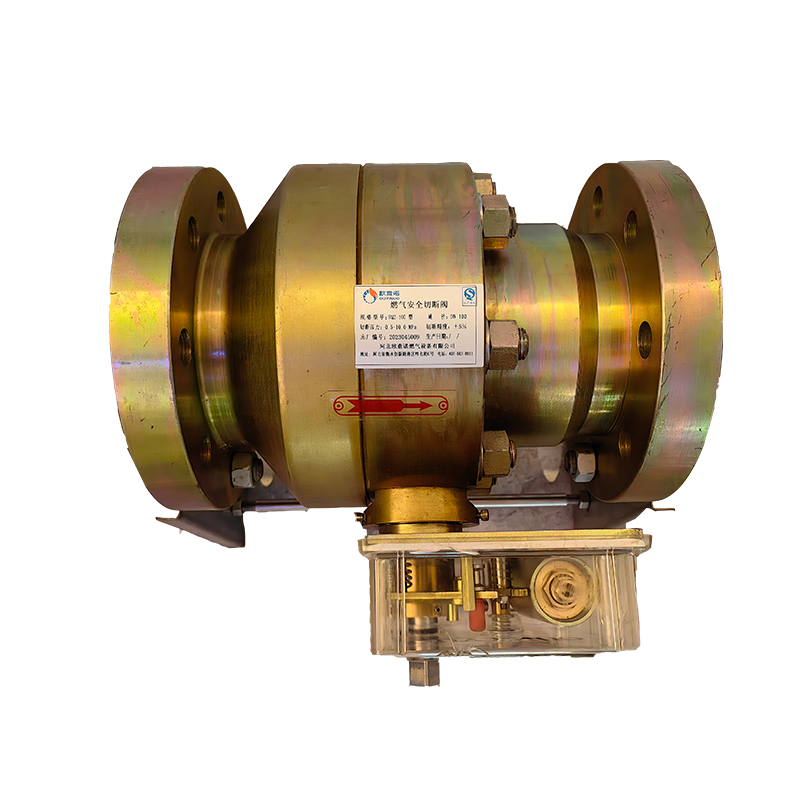
Nov . 06, 2024 01:42
Back to list
Natural Gas Filtration Techniques for Enhanced Efficiency and Clean Energy Solutions
Natural Gas Filters Essential Components for Clean Energy
Natural gas has emerged as a crucial player in the global energy landscape, serving as a cleaner alternative to coal and oil. Its role in reducing carbon emissions and transitioning towards more sustainable energy sources has driven its demand. However, to harness natural gas effectively, especially for domestic and industrial uses, we must address the impurities present in it. This is where natural gas filters come into play.
Natural gas, primarily composed of methane, can also contain various impurities, including water vapor, carbon dioxide, hydrogen sulfide, and particulate matter. These contaminants can adversely affect the performance of natural gas appliances and equipment. For instance, water vapor can condense and cause corrosion in pipelines and storage vessels, while hydrogen sulfide can lead to sour gas, which is toxic and corrosive. Therefore, the role of natural gas filters is critical in ensuring the gas is clean and suitable for use.
Types of Natural Gas Filters
Natural gas filters come in various types, each designed to address specific impurities
. The most common filters include1. Coalescing Filters These filters are primarily used to remove water vapor and liquid hydrocarbons from natural gas. They operate by combining smaller droplets into larger ones, which can then be drained away. Coalescing filters are essential in preventing the formation of hydrates, which can pose significant operational challenges in gas pipelines.
2. Activated Carbon Filters These filters use activated carbon to adsorb impurities like volatile organic compounds (VOCs) and hydrogen sulfide. The porous structure of activated carbon provides an extensive surface area for adsorption, making it effective in purifying natural gas. These filters are essential for applications where odor control and taste are crucial, such as in residential kitchens.
3. Particulate Filters Designed to trap solid particles, such as dust, rust, and other debris, these filters prevent contamination in the gas stream. They are crucial in protecting downstream equipment, such as compressors and valves, from wear and tear caused by particulate matter.
4. Membrane Filters These advanced filters utilize selective permeable membranes to separate gases based on their size and molecular weight. They are particularly effective in removing carbon dioxide and nitrogen from natural gas streams, increasing the calorific value of the gas and making it more efficient for combustion.
natural gas filter

Importance of Natural Gas Filtration
The filtration of natural gas is not just a matter of operational efficiency; it also has significant environmental implications. By removing harmful contaminants, natural gas filtration contributes to reducing greenhouse gas emissions and minimizing air pollution. Furthermore, well-filtered natural gas can lead to more complete combustion, which enhances energy efficiency and reduces the formation of soot and other harmful byproducts.
From a safety perspective, effective filtration is vital in preventing accidents and equipment failures. Contaminants like hydrogen sulfide can pose serious health and safety risks, and even small amounts of particulates can lead to significant damage in gas delivery systems. Regular maintenance and monitoring of natural gas filters are essential to ensuring they function effectively and maintaining the integrity of the entire gas delivery system.
Future Trends in Natural Gas Filtering
As the energy sector evolves, so do the technologies used for natural gas filtration. Emerging trends include the integration of smart technologies and IoT (Internet of Things) devices for real-time monitoring and data analysis. These innovations can optimize filtration processes, predict maintenance needs, and enhance overall system efficiency.
Moreover, as the industry moves towards biogas and renewable natural gas (RNG), the filtration requirements may evolve. New filtration materials and methods may be needed to address the unique compositions of these gases to ensure they are clean and safe before entering the distribution network.
Conclusion
Natural gas filters are indispensable in the quest for cleaner energy. They protect infrastructure, enhance energy efficiency, and play a crucial role in environmental sustainability. As technology advances and the energy landscape shifts, natural gas filtration will continue to adapt, ensuring that this vital resource remains both safe and effective for generations to come. The emphasis on filtration not only reflects a commitment to quality and safety but also underscores the broader strive towards a more sustainable energy future.
Next:
Latest news
-
Safety Valve Spring-Loaded Design Overpressure ProtectionNewsJul.25,2025
-
Precision Voltage Regulator AC5 Accuracy Grade PerformanceNewsJul.25,2025
-
Natural Gas Pressure Regulating Skid Industrial Pipeline ApplicationsNewsJul.25,2025
-
Natural Gas Filter Stainless Steel Mesh Element DesignNewsJul.25,2025
-
Gas Pressure Regulator Valve Direct-Acting Spring-Loaded DesignNewsJul.25,2025
-
Decompression Equipment Multi-Stage Heat Exchange System DesignNewsJul.25,2025

